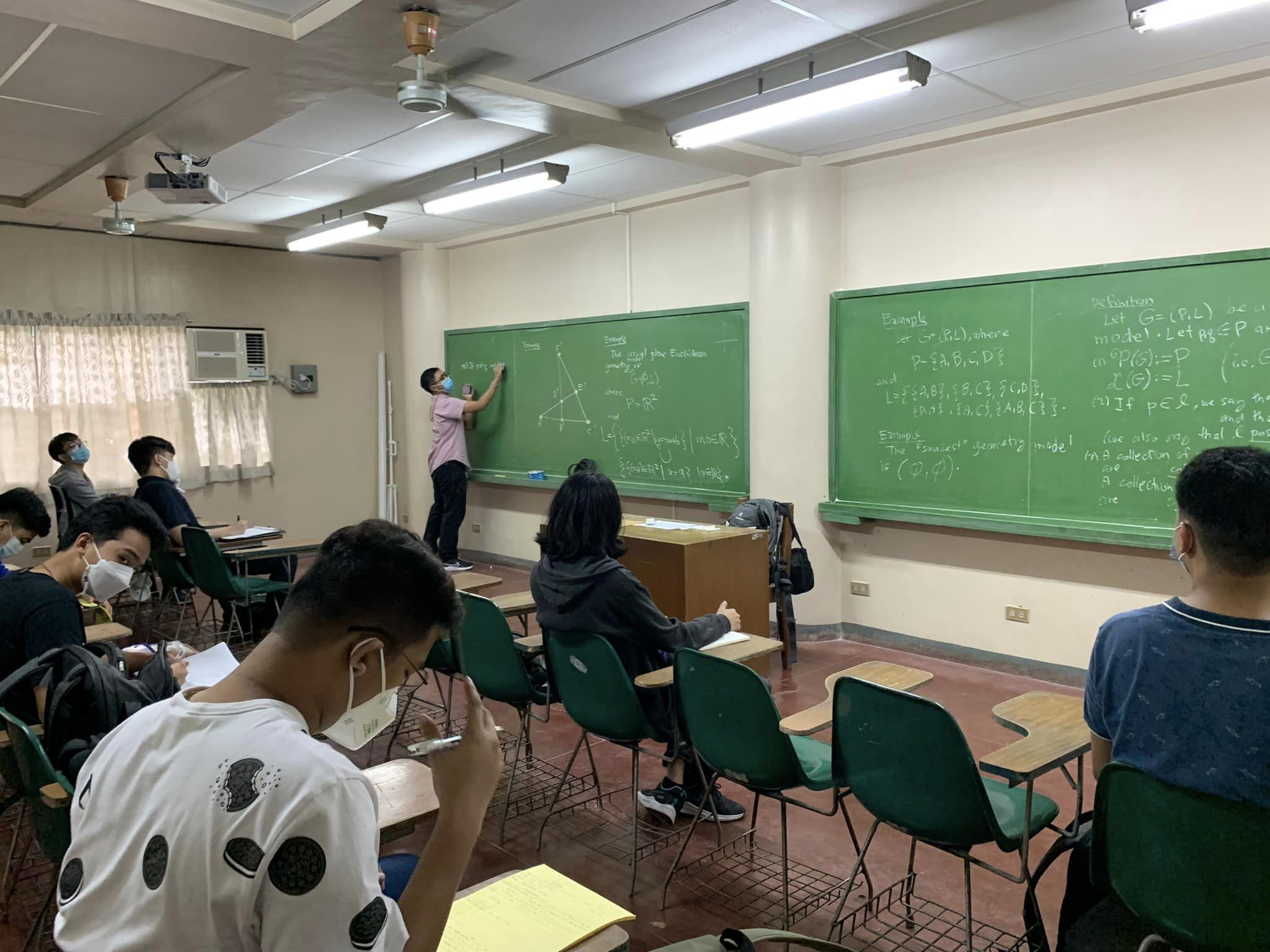Maybe UP really isn’t the best university in the Philippines. It only seems futile that it prides itself as the bastion of academic excellence and public service when its students are deprived of a learning system suitable to their needs.
They said greatness prevails in the halls of the university. But if we were to measure best in other ways, such as being responsive to students’ concerns, UP is far from excellent.
Two years since schools were forced to conduct remote learning due to COVID-19, the university has still failed to implement full in-person classes across all courses. This, despite other universities’ ability to do so. This, despite the government’s easing of quarantine and health protocols. UP, instead, adopted blended learning for most of its courses. The setup allows most courses to have full remote classes, while some may proceed with on-the-ground sessions. Others, meanwhile, have a combination of remote learning and in-person exams.
I first thought that the implementation of blended learning would, at the very least, satisfy my hopes for a complete return to campus. However, it has only magnified the flaws in UP’s learning system. Already burdened with a heavier load, with UP reinstating the 15-unit minimum load, the way classes are set up is also arduous.
In my case, the blended learning arrangement necessitates me to attend classes online and then rush to the campus to make it in time for my face-to-face classes. My classes do not have breaks in between, so I must leave several minutes before my online class even ends. Oftentimes, I would have to attend my classes while riding Angkas. Even though taxing, I had to settle with this kind of schedule since I did not have any leeway to choose during registration due to the scarce class slots in CRS.
Some of my peers tried renting a place in Quezon City to juggle both their online and physical classes better. But they found out that a professor wouldn't be holding in-person classes anymore. I've also heard stories of students who only have to come on campus for their in-person exams but settle for online lectures. This kind of setup is supposedly made to avoid cheating incidents, but this is a problem-solution mismatch. If cheating is the problem, the solution is to, first, hold cheaters accountable and, secondly, make learning methods and examinations better.
In a better system, students would have more confidence to stay near Diliman knowing that they have in-person classes the entire semester–that they would not have to pay for rent just to attend a single class on campus. In an inclusive UP, students from the province wouldn’t have to come to UP for a single exam and go home afterwards to avoid staying the night in the city.
But the disappointment does not stop there. In my other subjects, some students may attend in-person and others via Zoom—a setup called “HyFlex,” a portmanteau of “hybrid” and “flexible” learning. It may be UP’s attempt to be more inclusive, but it still falls short especially when classrooms are not equipped for this kind of setup.
For one, on the first meeting of my English class, my professor was already setting up their laptop to accommodate the students who will attend through Zoom. However, that did not push through due to the poor internet connection in Palma Hall. My professor was already ready to use their own mobile internet data just to ensure that the students could still participate online—but there was poor cell reception.
I understand that a system so perfect would not materialize immediately. In fact, we could say that even the setup before the pandemic had its own fair share of deficiencies, too. However, this is not an excuse for UP to be absolved from forwarding a learning system that is suitable to the students and faculty's needs. The university administration, with the aid of the government, should strive to put forth a better learning system.
There needs to be recognition that UP has a long way to go to a new learning setup that caters for our needs and personal conditions. Unless all UP constituents’ concerns are considered in the crafting of the university’s post-pandemic education setup, inclusivity will never be attained.
The university needs to remember that for each day that they fall short of improving the system, thousands of students are robbed of their right to quality education. Until UP education becomes responsive to the demands of its constituents, no world ranking could ever validate its greatness. •




